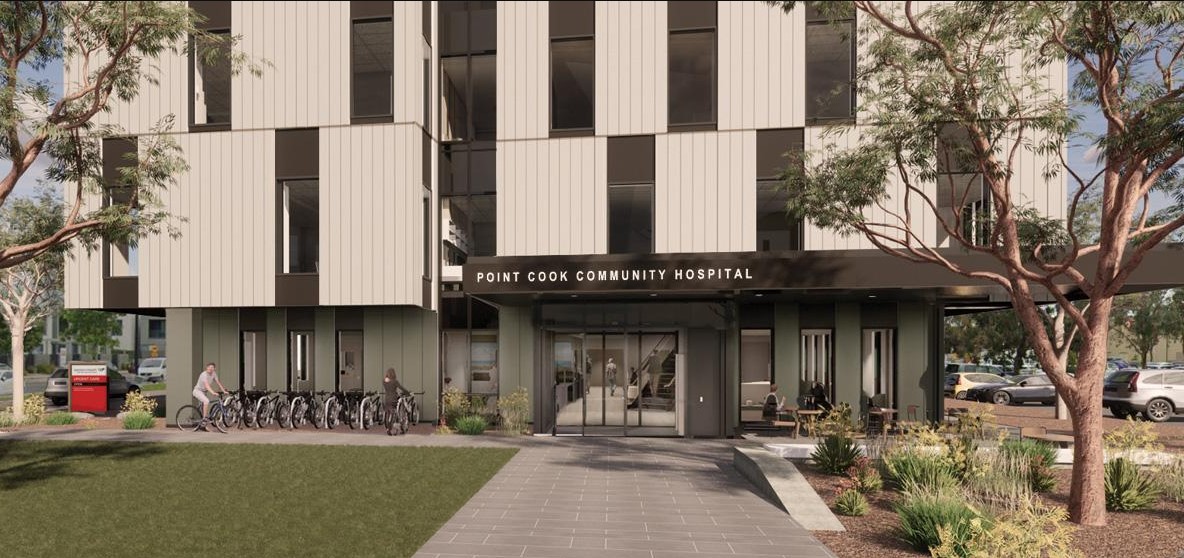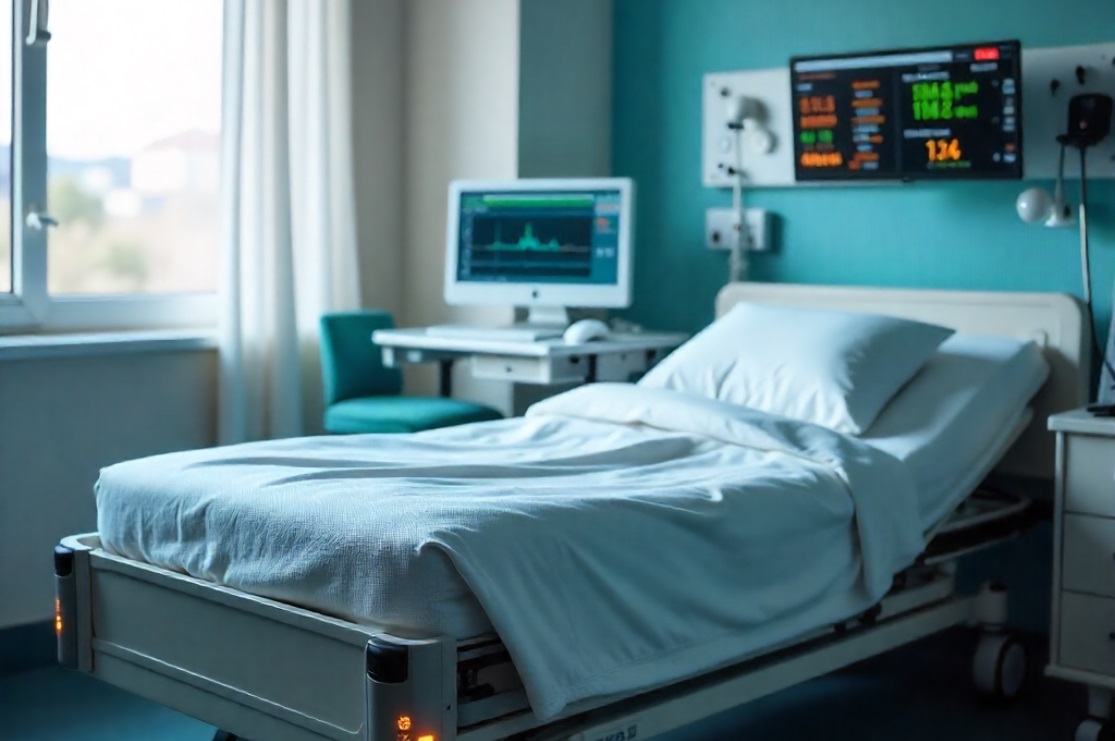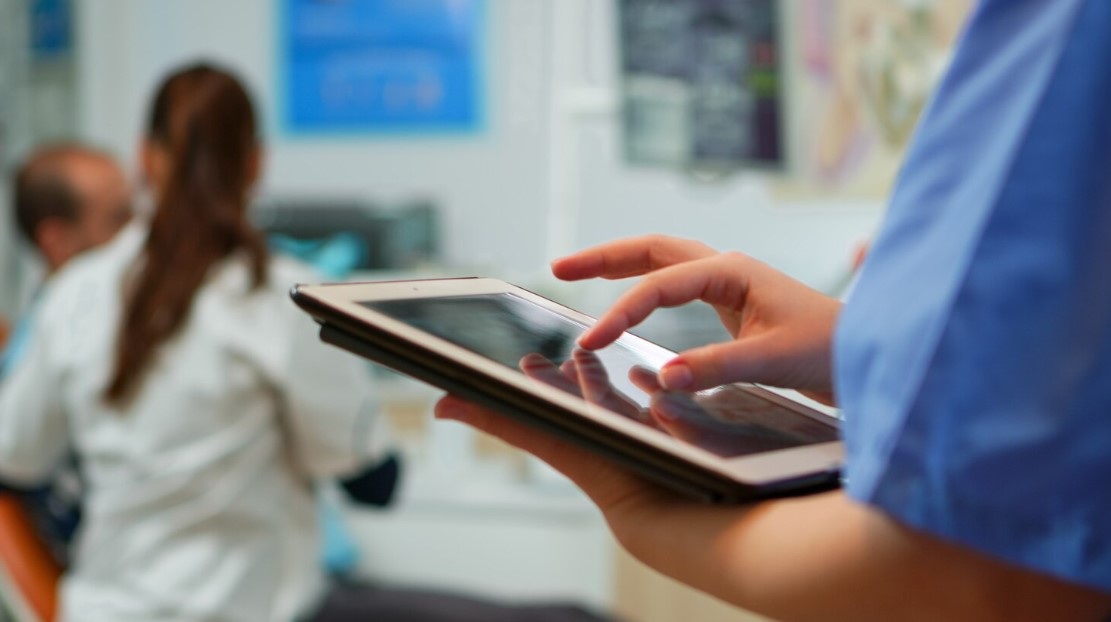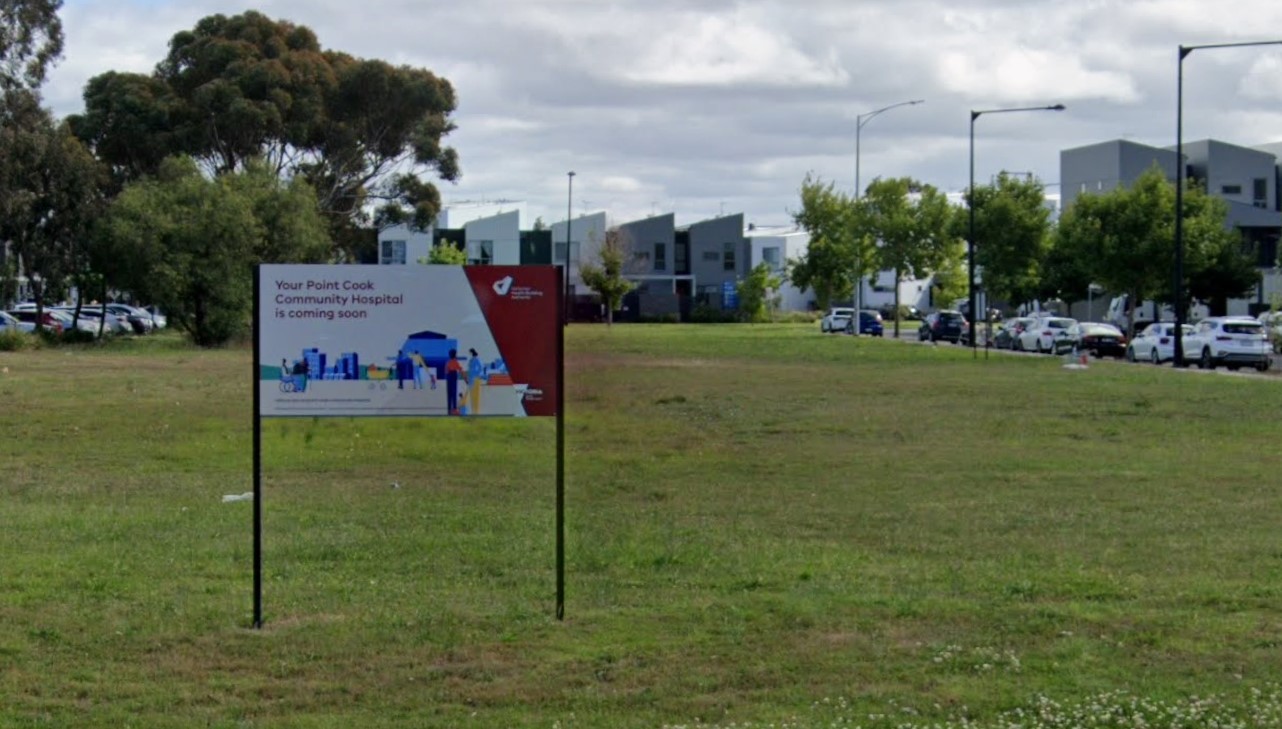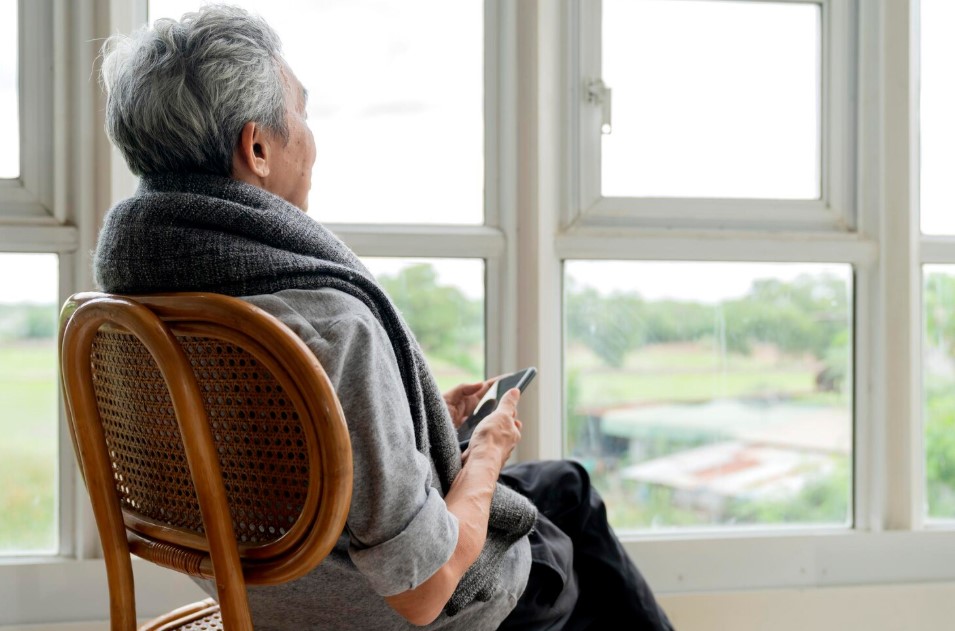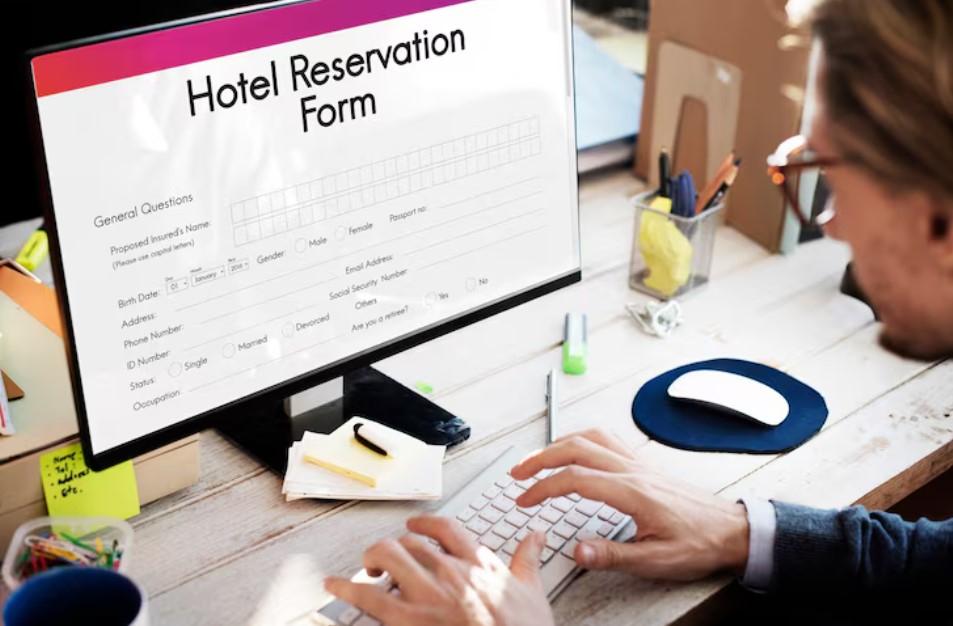17
Oct 2024
City of Sydney to Repurpose Runoff from Hospital's Dialysis Water Purification System for Street Cleaning
Published in General on October 17, 2024
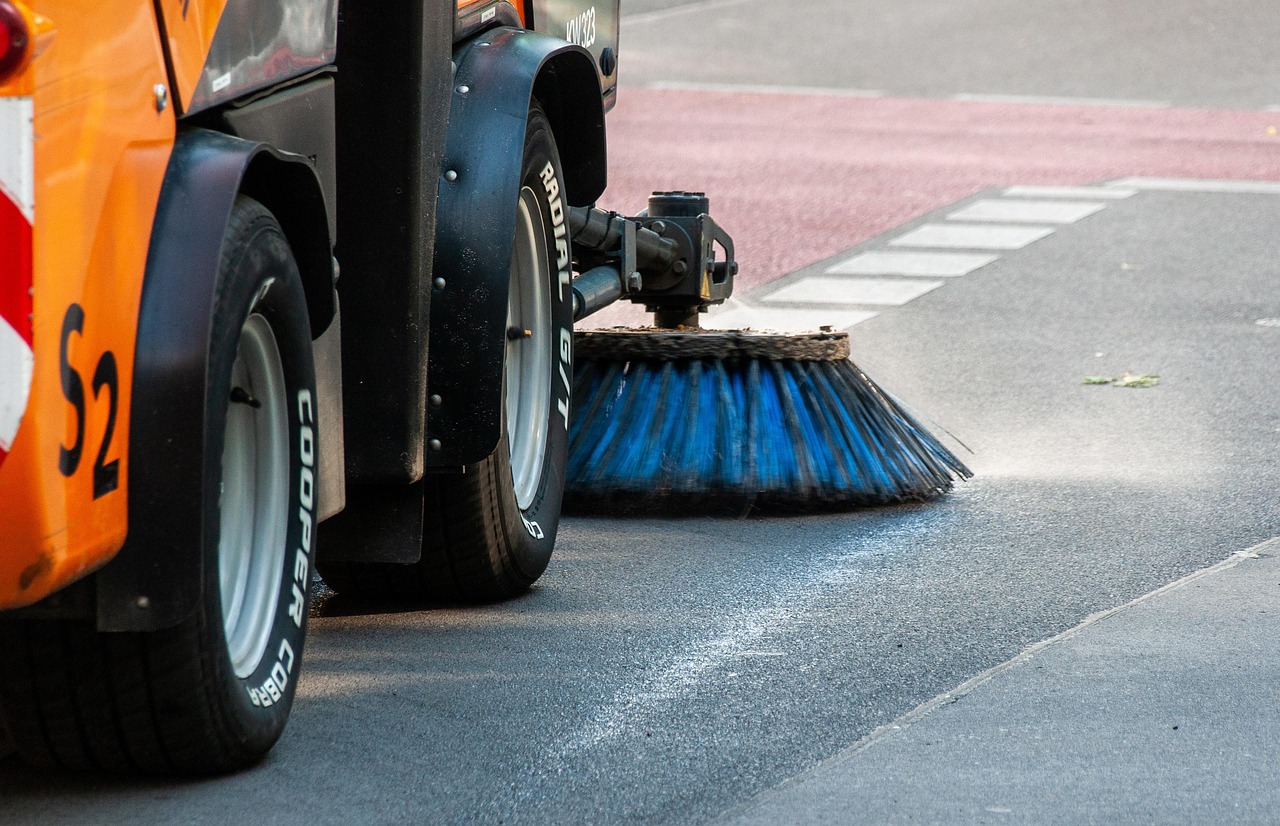
City of Sydney street washers will use runoff from the intensive water purification process for dialysis machines at Royal Prince Alfred Hospital. The hospital reports that purifying water for dialysis results in 25 litres of wastewater per minute.
Typically, street cleaners rely on drinking water or water collected from stormwater recovery systems. This initiative aims to reduce water waste by repurposing the runoff for street cleaning, offering a more sustainable alternative.
To reduce its reliance on drinking water for street cleaning, the City of Sydney has turned to an unusual water source—runoff from the water filtration process for kidney dialysis machines at Royal Prince Alfred Hospital. This initiative is expected to save approximately 1.5 million litres of water annually.
Dialysis requires "ultra-pure" bacteria-free water, but around 25% of the drinking water used in the purification process is wasted. A single patient uses 500 litres over 14 hours during a typical dialysis session. With about 50 machines, Royal Prince Alfred is one of the largest dialysis centres in New South Wales.
Now, this previously wasted water is being collected and repurposed for street washing, offering a sustainable solution for the city.
Professor Steve Chadban from Royal Prince Alfred Hospital notes that as much as 25 litres of water per minute is wasted during the purification process for dialysis machines.
"That's a significant amount of water," Professor Chadban remarked.
The City of Sydney has implemented an innovative initiative to repurpose the wastewater from the purification process used for dialysis machines at Royal Prince Alfred Hospital. By collecting and utilizing this water, the city aims to reduce its dependence on traditional drinking water sources for street cleaning, saving approximately 1.5 million litres annually.
This approach optimizes the use of hospital resources and contributes to environmental sustainability by decreasing the volume of treated water discharged into the environment.
Street cleaners typically rely on drinking water or the city's stormwater harvesting schemes for their work. However, according to City of Sydney Lord Mayor Clover Moore, after passing through the purification system, the water has low levels of calcium and magnesium, making it suitable for street cleaning.
In addition to its innovative water management practices, Hospital stays offers accommodation options for patients and their families. They provide facilities to ensure patients undergoing treatment have convenient access to medical care while staying close to their support network. These accommodations are designed to enhance the comfort and well-being of patients, making their healthcare experience more manageable during their stay.

